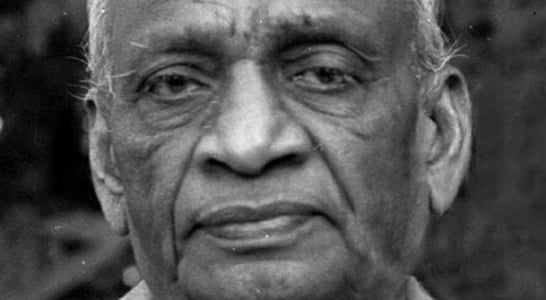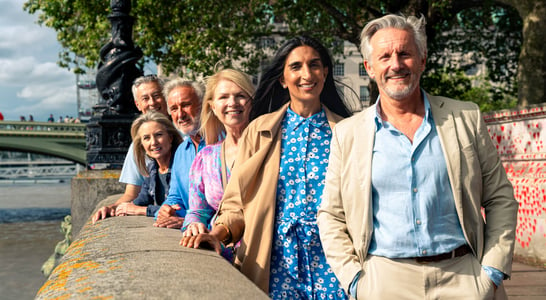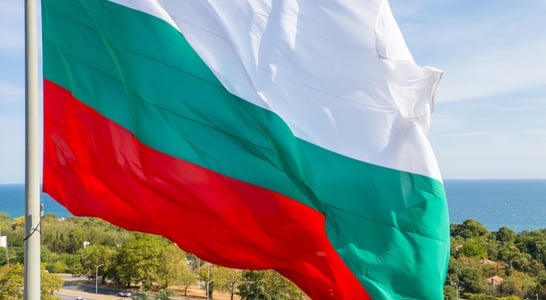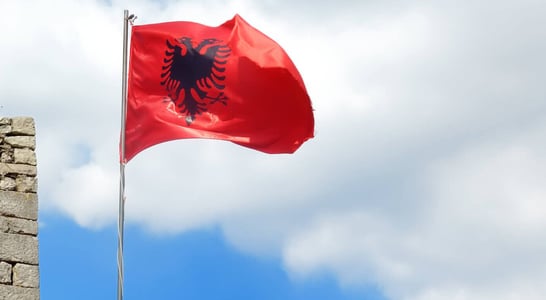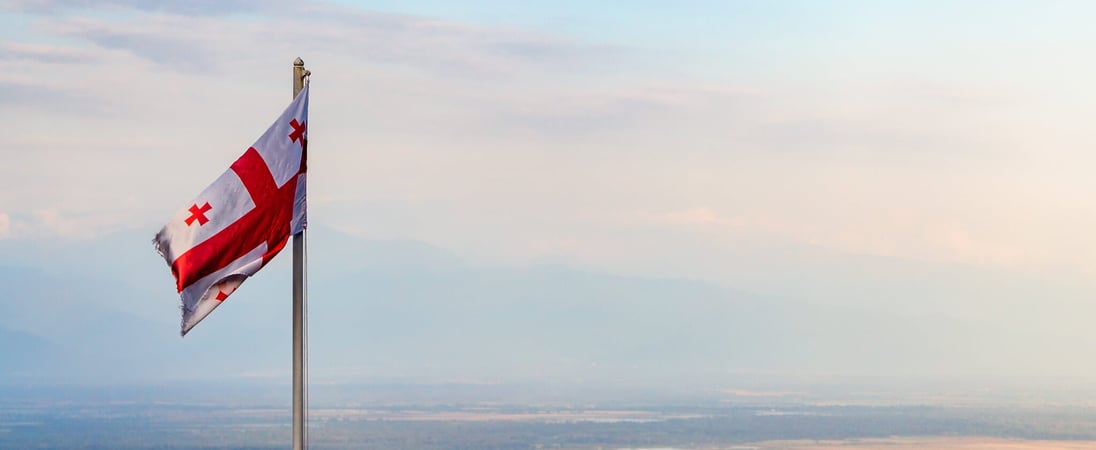
Soviet Occupation Day
Soviet Occupation Day holds a special place in the hearts of Georgians. This day reminds people of their long fight for independence and the courage they showed during tough times.
The occupation, which lasted several decades, left a deep mark on the nation. People come together to remember the struggles and celebrate the freedom they now enjoy.
How to Celebrate Soviet Occupation Day
Historical Movie Marathon
Dust off the popcorn maker and get ready for a movie marathon! Watching films about Georgian history and the Soviet era can be both fun and educational.
Pick a variety of documentaries and historical dramas to get a well-rounded view. Make it a group event with friends or family, sharing thoughts and discussions between films.
Visit a Museum
Head to a local museum that features Soviet-era exhibits. Many museums offer special displays and events on Soviet Occupation Day.
Walking through these exhibits, you’ll get a firsthand look at artifacts and stories from that time. It’s a great way to connect with history and learn more about the past.
Host a History Quiz
Gather your friends and host a history quiz night. Prepare questions about Georgian history, the Soviet era, and important events.
Offer quirky prizes for the winners, like Soviet-themed memorabilia or homemade Georgian treats. It’s a fun and interactive way to learn and celebrate together.
Cook a Georgian Feast
Roll up your sleeves and cook a traditional Georgian meal. Try making dishes like khachapuri (cheese-filled bread) or khinkali (dumplings).
Cooking and sharing a meal connects you with Georgian culture and history. Plus, it’s a delicious way to celebrate the day.
Reflect and Write
Take some quiet time to reflect on the significance of the day. Write a letter to the future, expressing hopes for continued freedom and prosperity.
Share your thoughts on social media, or keep it personal. Reflecting on the past can inspire a brighter future and deepen your appreciation for the present.
Attend a Local Event
Look out for local events or ceremonies happening in your area. Many communities host parades, speeches, and gatherings to mark Soviet Occupation Day.
Attending these events is a great way to join others in remembrance and celebration. You might even learn something new or make new friends.
Read Georgian Literature
Dive into a good book by a Georgian author. Literature offers deep insights into the culture and history of a nation.
Choose a novel, poem, or historical account that captures the spirit of Georgia. It’s a wonderful way to immerse yourself in the country’s rich literary tradition.
Explore Family Stories
Talk to older family members about their memories of the Soviet era. Listening to personal stories brings history to life in a unique way.
Record these conversations if possible, preserving them for future generations. Family stories offer a personal connection to the broader historical narrative.
Why Observe Soviet Occupation Day?
The main reason for celebrating this day is to honor those who suffered and fought for Georgia’s freedom. It is a time to reflect on the sacrifices made by many to preserve the country’s identity and independence.
This day is a powerful reminder of the resilience and unity of the Georgian people, inspiring them to protect their hard-earned liberty.
Additionally, Soviet Occupation Day serves as an educational moment. It encourages learning about the country’s history and the impact of Soviet rule.
By understanding the past, Georgians and others can appreciate the value of freedom and the importance of maintaining sovereignty. This day not only looks back at history but also builds hope and strength for the future.
History of Soviet Occupation Day
Soviet Occupation Day marks an important period in Georgian history. It commemorates the Soviet invasion and occupation that began in 1921. During this time, the Soviet Red Army invaded Georgia, leading to decades of Soviet control. This period saw significant political repression and loss of independence for the Georgian people.
In 1991, Georgia regained its independence as the Soviet Union collapsed. The Georgian Supreme Council declared independence on April 9, marking the end of Soviet rule.
To honor the struggle and sacrifices made during these years, the Georgian government established Soviet Occupation Day in 2010. The first celebration took place in 2011, serving as a reminder of the past and a celebration of freedom.
This day is not just about looking back. It is a call to remember the importance of independence and the strength of the Georgian people.
By reflecting on history, Georgians reinforce their commitment to protecting their sovereignty. Soviet Occupation Day stands as a testament to their resilience and hope for a brighter future.
Soviet Occupation Day FAQs
Did the Soviet Union and Nazi Germany collaborate before World War II?
Yes, they did. In August 1939, the Soviet Union and Nazi Germany signed the Molotov-Ribbentrop Pact, a non-aggression treaty.
This agreement included secret protocols dividing Eastern Europe into spheres of influence, leading to the joint invasion and partition of Poland in September 1939.
How did Soviet occupation policies affect local cultures?
The Soviet regime often suppressed local cultures to promote a unified Soviet identity.
In Georgia, for example, the authorities repressed the Georgian Orthodox Church and imposed Russian as the official language, undermining Georgian cultural traditions.
What role did the Soviet Union play in World War II myths?
Several myths surround the Soviet Union’s role in World War II, including misconceptions about their military tactics and the extent of their collaboration with Nazi Germany before 1941.
These myths have been debunked by historians, revealing a more complex reality.
How do countries commemorate Soviet Occupation Day?
Commemorative practices vary. In Georgia, people observe the day with memorial services and educational events to honor those who suffered under Soviet rule.
In Estonia, Resistance Fighting Day on September 22nd honors the attempt to restore independence in 1944.
What is a common misconception about Soviet military tactics?
A widespread myth is that the Soviet Red Army relied solely on overwhelming manpower, using “human wave” attacks.
In reality, Soviet military strategy was more sophisticated, involving coordinated assaults and deep operations.
How did Soviet occupation influence local holidays?
In Latvia, Lāčplēsis Day on November 11th honors soldiers who fought for independence.
During Soviet occupation, this observance was banned but was reinstated after Latvia regained independence, highlighting the enduring spirit of national identity.
What was the impact of Soviet occupation on religious practices?
The Soviet regime often targeted religious institutions, viewing them as threats to communist ideology.
In occupied territories, churches were closed or repurposed, and religious leaders faced persecution, leading to a decline in public religious observance.
How did Soviet occupation affect local economies?
The Soviet system imposed centralized economic planning, which often disrupted traditional industries and agricultural practices.
In many occupied countries, this led to economic hardships and a decline in living standards.
What is a lesser-known fact about Soviet occupation in Eastern Europe?
The Soviet Union’s occupation policies included mass deportations of local populations to labor camps in Siberia and other remote areas, aiming to suppress resistance and reshape the social structure.
How did Soviet occupation influence education systems?
The Soviet authorities restructured education to align with communist ideology, emphasizing Russian language and Marxist-Leninist teachings, which marginalized local languages and cultural studies.
Also on ...
View all holidaysNational Clam Chowder Day
It's like a warm, creamy ocean hug for the taste buds, rich with the essence of the briny deep, bringing comfort in every spoonful.
National Pink Shirt Day
Be the one who stands up for kindness and respect. Together, we can make a difference and create a world without bullying.
National Chocolate Covered Nut Day
Experience a taste sensation like no other with the perfect combination of rich, creamy chocolate and crunchy, savory goodness.




